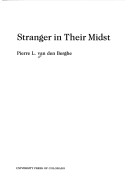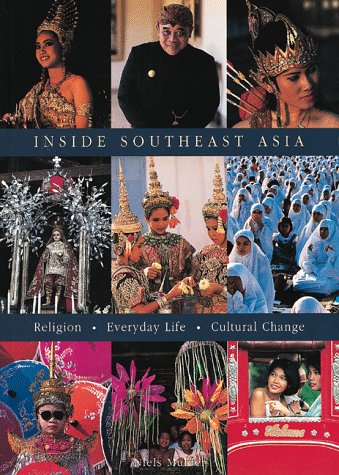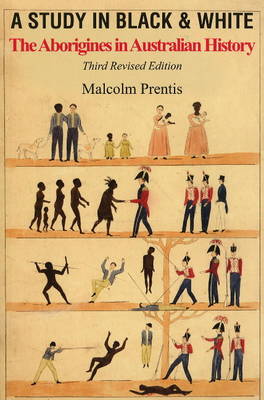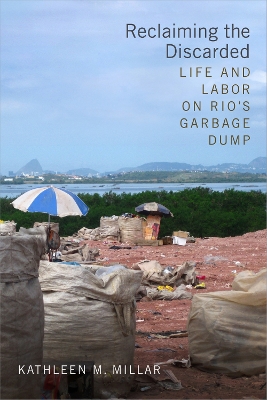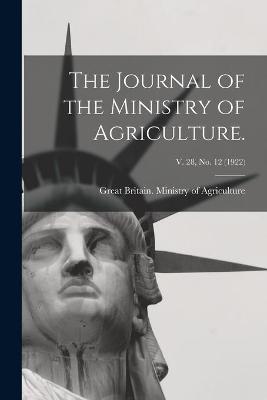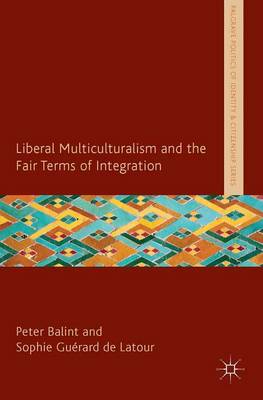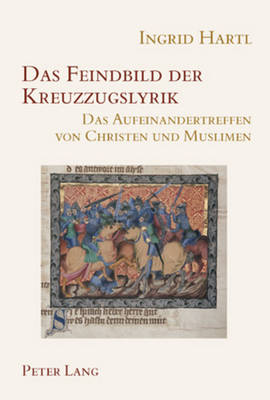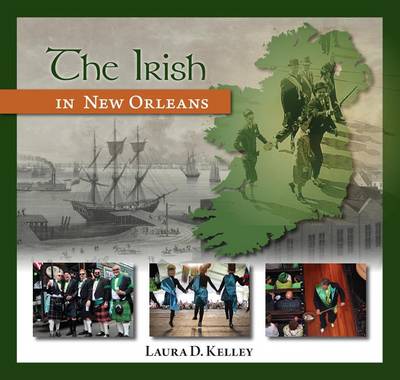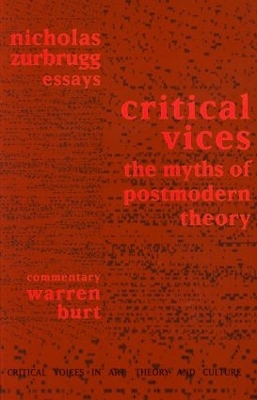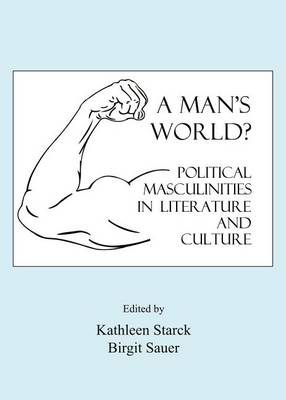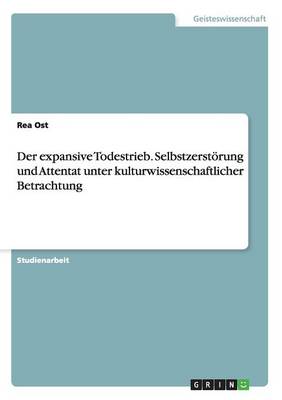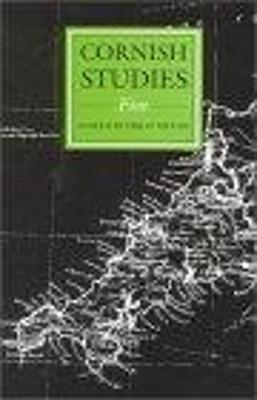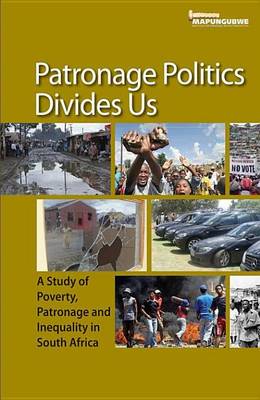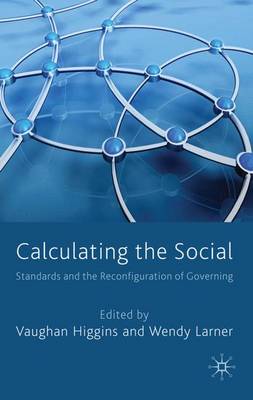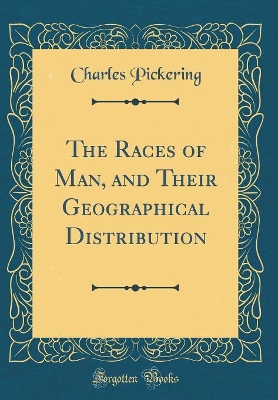In Reclaiming the Discarded Kathleen M. Millar offers an evocative ethnography of Jardim Gramacho, a sprawling garbage dump on the outskirts of Rio de Janeiro, where roughly two thousand self-employed workers known as catadores collect recyclable materials. While the figure of the scavenger sifting through garbage seems iconic of wageless life today, Millar shows how the work of reclaiming recyclables is more than a survival strategy or an informal labor practice. Rather, the stories of catadore...
Das Orientbild in Der Deutschsprachigen Reiseliteratur Des 20. Und 21. Jahrhunderts (Kultur - Literatur - Medien, #4)
by Karolina Rapp
Die Autorin beschaftigt sich mit den einschneidenden - traumatisierenden wie faszinierenden - Stationen der Kulturbegegnung von Ost und West. Sie untersucht die vielschichtigen Facetten des Orients als einerseits rein diskursiven, andererseits geografisch und historisch realen, wenngleich imaginar uberfrachteten Topos. Die Analyse des mythischen und modernen Orientbildes in der deutschsprachigen Reiseliteratur ist eine Ruckbesinnung auf die Fahigkeit der westlichen wie der oestlichen Kultur, Off...
Carl Stumpfs Berliner Phonogrammarchiv (Schriftenreihe Der Carl Stumpf Gesellschaft, #6)
Der Band versammelt Vortrage, die auf der 4. Jahrestagung der Carl-Stumpf-Gesellschaft gehalten wurden. Die Tagung fand im Ethnologischen Museum Berlin und dort an dem von Carl Stumpf 1900 gegrundeten Phonogrammarchiv statt. Dementsprechend behandeln die meisten Beitrage Forschungen der Musikethnologie aus unterschiedlichen erkenntnistheoretischen Perspektiven. Der Band prasentiert sowohl aktuelle Arbeiten als auch Untersuchungen, die an die Forschungen von Stumpf oder seinen Schulern anknupfen...
Das Feindbild Der Kreuzzugslyrik (Wiener Arbeiten Zur Germanischen Altertumskunde Und Philolog, #40)
by Ingrid Hartl
Die an die moderne Feindbildtheorie anknupfende Arbeit befasst sich mit der Darstellung muslimischer Kontrahenten in der Kreuzzugslyrik des 10. bis 12. Jahrhunderts. Da das Phanomen Kreuzzug nicht nur ein Land oder Sprachgebiet, sondern das gesamte christliche Europa erfasst hat, wurde ein Korpus aus 40 Kreuzliedern der vier vorherrschenden Literaturen der damaligen Zeit (mittellateinisch, provenzalisch, mittelhochdeutsch und altfranzoesisch) erstellt, anhand dessen das komplexe Gefuge aus Stere...
Critical Vices (Critical Voices in Art, Theory and Culture)
by Nicholas Zurbrugg and Warren Burt
First published in 2000. Routledge is an imprint of Taylor & Francis, an informa company.
Five Hundred Years of Chicano History in Pictures
Political institutions and practices such as the state, parliament, citizenship and nationality, the vote, the military, and the making and implementation of laws have traditionally been treated as if they were un-gendered and guided exclusively by objective reasoning and rationality. Rationality and reason, though, have been habitually ascribed to masculinity, a fact which has often been ignored in favour of the apparent gender-inclusiveness of the realm of politics.In contrast to this view, th...
Der expansive Todestrieb. Selbstzerstoerung und Attentat unter kulturwissenschaftlicher Betrachtung
by Rea Ost
Cornish Studies Volume 5 (Cornish Studies)
The fifth volume in this acclaimed paperback series covers a wide range of topics, including Celtic Cornwall, Cornish politics, the Cornish economy, Cornish genetics, constructions of language and race in contemporary Cornwall, Cornish rugby, and education in Cornwall.
River of Tears is the first ethnography of Brazilian country music, one of the most popular genres in Brazil yet least-known outside it. Beginning in the mid-1980s, commercial musical duos practicing musica sertaneja reached beyond their home in Brazil's central-southern region to become national bestsellers. Rodeo events revolving around country music came to rival soccer matches in attendance. A revival of folkloric rural music called musica caipira, heralded as musica sertaneja's ancestor, al...
Calculating the Social
Examining the increasingly powerful role of standards in the governing of economic, political and social life, this book draws upon governmentality and actor network theory to explore how standards and standardizing projects are articulated and rendered workable in practice, and the objects, subjects and forms of identity to which this gives rise.
The Races of Man, and Their Geographical Distribution (Classic Reprint)
by Charles Pickering


